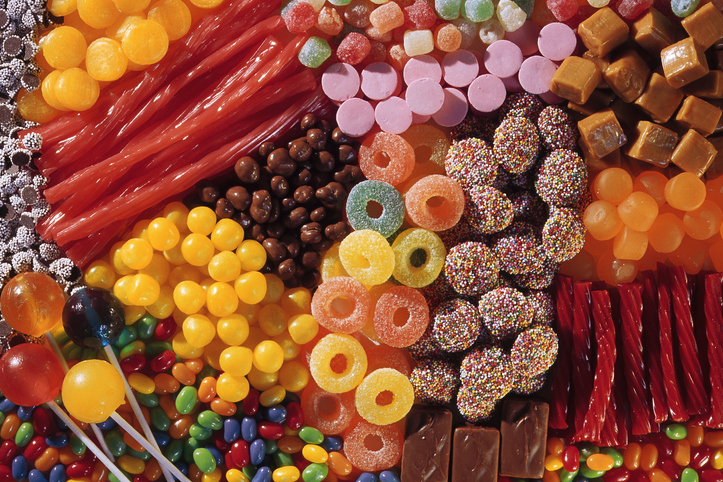
Date Posted: 11/04/22
NCP Blog: Celebrate Sweet Treats on National Candy Day
According to the appropriately-named candyhistory.net, “candy” is an English word that’s been used since the 13th century. The word is derived from the Arabic word “qandi,” which means “made of sugar.”
The ancient Egyptians combined fruits and nuts with honey, while the Greek people used honey to make candied fruits and flowers. Hard candies became popular in the 19th century, and the first chocolate bars were made in 1847.
I couldn’t find any information about why November 4 is designated National Candy Day, but we can still celebrate and eat our leftover Halloween treats!
When Do Panel Members Buy Candy?
National Consumer Panel members love candy, too! Panel members scanned more than 21,000 unique barcodes for candy during the past year.
You might expect that October would be the month with the most candy purchases; I certainly did. But, to my surprise, it’s not even in the top five! Here are the five months with the most candy purchases by NCP panel members:
- December
- April
- March
- November
- February
October actually comes in sixth on the list, with the summer months of August, June and July at the bottom.
Top States For Purchases
Just for fun, we also looked at where candy is purchased the most. Here are the top five states where panel members buy the most candy on average:
- South Dakota
- North Dakota
- West Virginia
- Nebraska
- Utah
Our data also shows that panel members in the Baby Boomer generation buy the most candy on average, while members of Gen Z buy the least amount.
NCP panel members represent consumers all across the country by sharing their shopping experiences and opinions. If you’re not a panel member and you’re interested in joining NCP to share your shopping experiences, earn great rewards, and influence what you see on store shelves, click here or go to the Join NCP section of the blog!
Related:
NCP Blog: Nuts About Peanut Butter (November 2, 2022)